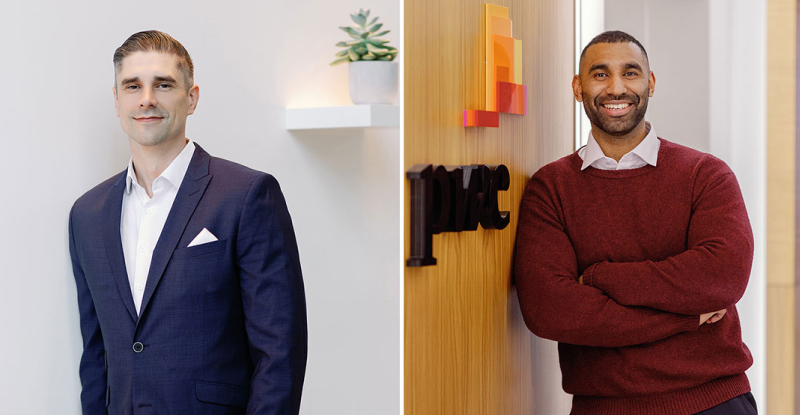
Relationships are just as important in our professional life as they are in our personal life. Positive interactions with our colleagues not only drive productivity, they also make us enjoy coming to work.
Most people value strong relationships. If you want to improve your relationships, there is a tangible way to do so. Quite simply, look at the quality of your communications, which are directly tied to the quality of our relationships. As an added bonus, the stronger bonds you form, the more successful your team becomes.
The MIT Human Dynamics Lab discovered communication truly was the “it” factor, leading to both healthy relationships and high-performance teams. They found communication to be more important than the combined effect of individual intelligence, personality, skills and the actual substance of conversations.
On that note, it is worthwhile to reflect on the health of our professional relationships. Three conditions help us build healthy relationships:
- A sense of community
A sense of community is one of the top three conditions people crave on the job according to a large workplace study. And clearly, community is grounded in healthy relationships. We all want to feel respected and recognized. We also want to feel as though we belong and are connected to others. (In case you’re wondering, the other two factors people crave are autonomy and purpose.)
Our community is strengthened through our communications. Every time we share information and recruit input from others – especially the quiet ones, we strengthen our bonds. No one feels overshadowed by the “favorites” and relationships naturally grow.
High-performance teams have a certain esprit de corps. There is an infectious energy outside of formal meetings. The above-mentioned MIT study found this energy was one of the best predictors of team productivity. Researchers recommend synchronizing coffee breaks to allow for more socializing outside of the formal work environment.
- Healthy debate
The best relationships tolerate a little (or a lot) of debate. But these debates focus on ideas, not people, and are always grounded in mutual respect. High trust means ideas and actions, especially innovative ones, are met with encouragement and enhancements rather than judgment.
Healthy relationships allow room for everyone to participate. Less vocal team members’ opinions are sought out and considered. No one person dominates the conversation or dictates the plan. Constructive feedback is willingly shared, with the intent to improve versus critique.
Overall, this “thought” diversity leads to better results. And of course, this healthy debate both benefits from and enables stronger relationships.
- Authenticity
Perhaps one of the best signs of a strong relationship is one in which you feel comfortable being authentic. As well, you sense the other person is being authentic. No one is wearing a mask, holding back or hiding some can’t-quite-put-your-finger-on-it background.
Authentic relationships celebrate individual differences without the pressure to assimilate into one homogeneous way. When we truly get to know our colleagues as individuals, we learn more about their goals. This means we’re more likely to find common ground and pursue shared wins. Winning together becomes both an enabler or and result of healthy relationships.
Authenticity offers the added benefit of not being taken by surprise. On the other hand, when people are uncomfortable sharing their thoughts and ideas, there is a good chance their feelings will play out in a maladaptive way (e.g., sidebar conversations, defensive reactions and passive aggressive actions). These negative patterns are an obvious symptom of unhealthy relationships.
Community, debate and authenticity: three conditions to strengthen any relationship.
Whether you focus on one area or all three, investing your time in others is always a good idea. While healthy relationships may appear to be a bonus, in fact, they are critical to doing our best work. Everything stems from a base of strong interpersonal bonds.
Author
Ann Gomez is an engaging speaker and the founding president of Clear Concept Inc. She is passionate about empowering the world’s busiest people to perform at their best. She is also the best-selling author of "The Email Warrior", an active blogger and media spokesperson.
Originally published on the Clear Concept blog.



